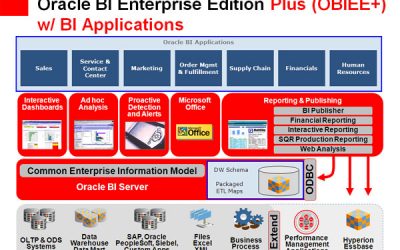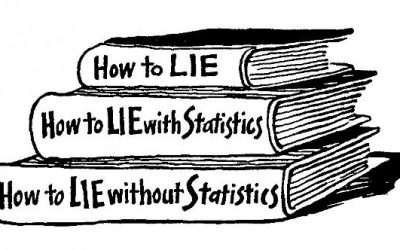It is okay to have incomplete or inaccurate data in your system. That’s a statement that would make many business executives shudder. But in a sense it is true – a focus on accuracy and completeness without also looking at relevance can result in very unhelpful outcomes. What is the point of getting an accurate and complete entry if it is irrelevant anyway?
 That said it remains true that when people look at the data in their businesses they often focus on its completeness and accuracy alone. This means implementing data capturing solutions that restrict the type of information that can be entered.
That said it remains true that when people look at the data in their businesses they often focus on its completeness and accuracy alone. This means implementing data capturing solutions that restrict the type of information that can be entered.
An example is a form on a website that will not allow the user to proceed until a proper email address is entered. It also means spending resources to fill out gaps in data to make it more complete.
However, many businesses neglect the other key part of having good quality data: relevance.
In an article titled “The Path to Data Relevance” on the SAP Community Network Blog, Enget Dang makes this very point. He uses the example of a single household that managed to file 2,137 tax returns. He says providing “accurate” and “complete” data allowed this to happen, whereas a simple relevance check would have prevented it. Is there any realistic scenario where one household could legitimately submit that many tax returns?
The answer for businesses is to question the relevance of their data as much as they question its accuracy and completeness. Dang highlights five questions that businesses and organizations should ask in order to achieve this. They include questioning whether the data you have supports your business objectives, and whether you have a system in place that monitors data relevancy, and takes action when necessary.
The solution for making data relevant will vary from business to business, but there is a similarity regardless of the organization. This applies to the fact that the solution will involve people throughout the organization (not just the IT department), as well as business processes and implementing proper technological solutions. It is therefore important to have people who are suitably trained and skilled in this niche area of data quality, whether that is within your organization, or by bringing someone in from outside.
For some it will be simple, but others will find the process much more complicated. But looking at relevance is an essential step on the road to getting good quality data that is truly useful to your business.
Big Data and related technologies – from data warehousing to analytics and business intelligence (BI) – are transforming the business world. Big Data is not simply big: Gartner defines it as “high-volume, high-velocity and high-variety information assets.” Managing these assets to generate the fourth “V” – value – is a challenge. Many excellent solutions are on the market, but they must be matched to specific needs. At GRT Corporation our focus is on providing value to the business customer.
Oracle Looks at BI Trends
Mobile is taking over the Business Intelligence (BI) world. So is the cloud. And Big Data, especially "unstructured"...



